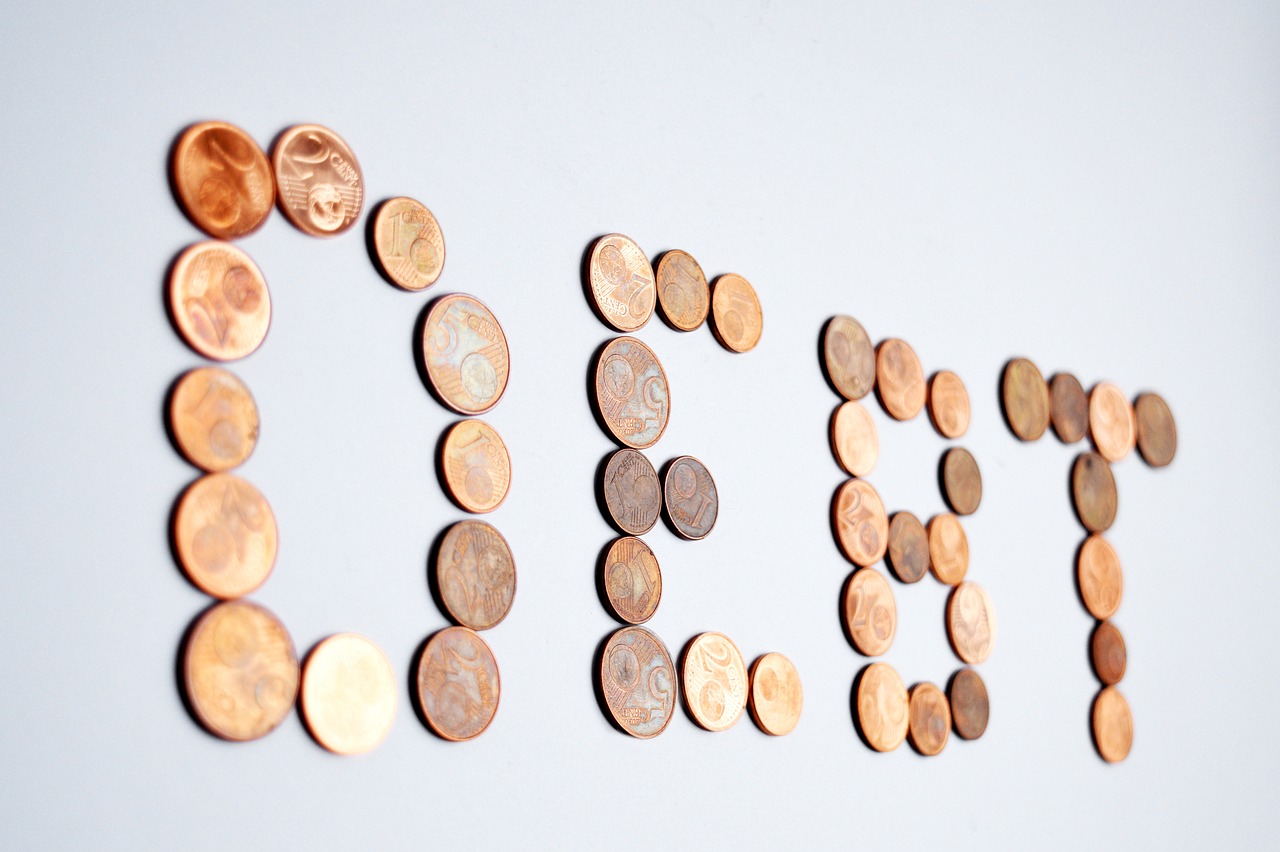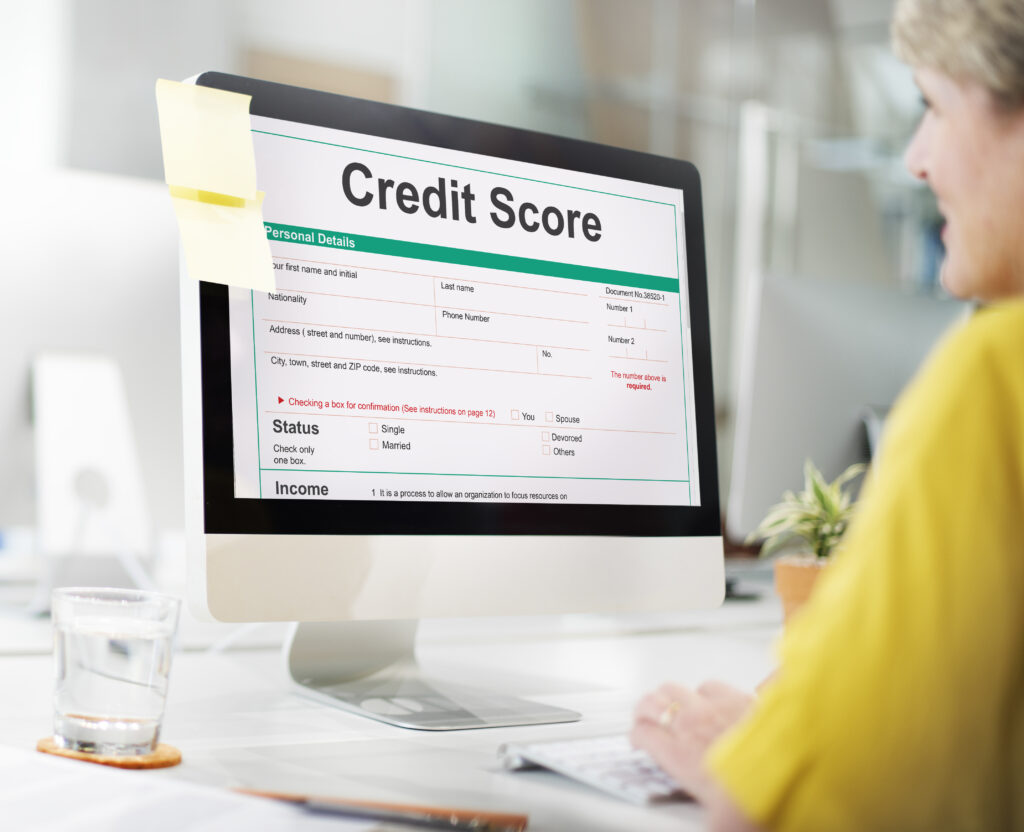
How Debt Affects Your Credit Score and How to Recover
Your financial health depends on debt because it can either strengthen your stability or damage it in the long run. Your debt management approach determines everything. An individual’s credit score receives direct impact from debt along with other important financial areas. The number serves lenders and landlords and employers to determine your financial reliability.
It is crucial to understand the impact of debt on your credit score. A proper plan must be developed if you aim to build or fix your credit or keep it stable. The following article demonstrates how various types of debt affect your credit score. The article presents effective methods to recover from damage by using current facts and proven strategies.
What Is a Credit Score and How Is It Calculated?
A credit score represents a three-digit number which shows your level of creditworthiness. The FICO Score which operates in the U.S. extends from 300 through 850. Your credit score depends on five factors which include your payment history and credit usage amount and account duration and credit type variety and recent financial activities.
Take this example. A person maintains a credit card for multiple years while making small purchases and making timely payments. A person who opens multiple credit cards simultaneously maintains large credit balance amounts. The person who maintains a stable payment history will probably achieve a better credit score than the person who carries high balances. Lenders tend to favor evidence of consistent and enduring credit usage patterns.
How Different Types of Debt Affect Your Score
The impact of debt on your credit score varies depending on the type of debt. Your credit score will suffer when you surpass 30% of your credit limit with credit cards which have revolving debt. The best practice for credit utilization is to keep it at 30% or lower.
Your credit score will not suffer from installment debt such as car payments or student loans when you make timely payments. Collection accounts will stay on your credit report to damage your score for an extended period.
Most scoring models in the industry now provide more lenient treatment to medical debt. The report will still be harmed if you fail to address this debt. Your credit score benefits when you handle multiple types of debt such as mortgages together with credit cards. The advantages of having different types of debt do not protect you from negative score impacts that result from late payments.
Common Mistakes That Lower Credit Scores
Small errors during the application process will negatively affect your credit score. The following errors will negatively affect your score: missing payments and exceeding credit limits and applying for multiple accounts in close succession. Some individuals make the incorrect assumption that closing old credit cards will help their financial situation. The act of closing old credit cards negatively affects both your credit history duration and your credit utilization ratio.

The failure to address debts that have entered collection status stands as a frequent credit mistake. Your credit score will suffer from extended damage when you fail to address debts or when you reject negotiation offers. Keeping track of your account balances together with your payment due dates will help you prevent lasting financial harm.
How to Recover from Debt-Related Credit Damage
Your credit score can recover from any previous decline. Begin your credit score recovery by reducing your credit card debts. Your credit score will receive an immediate positive change. Set up automatic payments so you never miss a due date. Check your credit reports frequently to identify errors which you should correct.
You need to begin with secured credit cards or credit-builder loans if your credit score is very low. These products enable you to demonstrate your ability to make payments again. You should maintain your oldest accounts active even though you do not use them. You should limit your applications for new credit cards to avoid excessive requests.
Nonprofit organizations such as NFCC.org provide personalized debt plans to help you meet your specific needs. The score can improve by 100 points annually when you make additional monthly payments of $50 according to real-life examples.
How Long Does It Take to Rebuild Your Credit?
The duration of recovery depends on the extent of damage. A late payment may take a year to recover from. Your credit score will be negatively affected by collections for a period of seven years. Bankruptcy stands as the worst credit offense because it stays on your report for ten years. Your credit score can start improving within a few months when you implement responsible financial actions.
The process of improving credit scores typically takes between six months to one year when individuals eliminate their debts and prevent new negative marks. Building a positive credit history requires more than just avoiding errors. You must demonstrate to lenders that you have become more responsible.
Proactive Habits That Protect Your Score
Simple habits protect your score over time. Your credit score will stay protected through basic habits. Your credit score will benefit from keeping your credit card balances as low as possible. The credit score will benefit from keeping your credit card balances as low as possible. Check your credit report monthly with free tools while staying informed about changes in credit scoring regulations.
Check your spending and report every three months with reminders set in place. These habits keep you alert and prevent issues from growing. Success doesn’t mean being perfect. Being consistent together with preparation leads to success.
Final Thoughts
Debt functions as either a useful instrument or an unproductive snare. The manner in which you apply debt determines its outcome. Your ability to recover from payment difficulties remains possible. The path to recovery requires careful planning together with dedicated work and proper financial habits. But progress is always possible.
Your credit score improvement depends on more than numerical values. Building stronger credit habits leads to increased financial opportunities. Your credit habits determine the number of financial opportunities that become available to you.
Leave a Reply